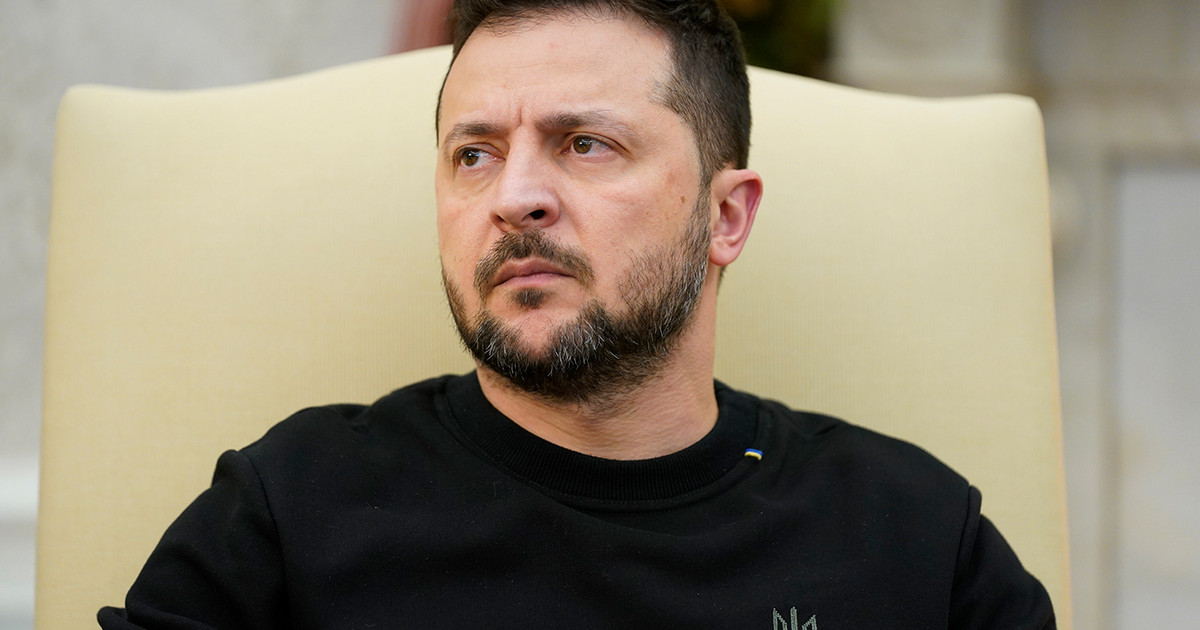Customer expenses accounted for 86% of the BRL 286 billion in revenue from Brazilian health operators in 2021, according to data from the National Supplementary Health Agency (ANS).
For Hapvida, the largest health plan in the country in terms of number of paying users, BRL 500 million is left over – or about 5% – of the BRL 9.8 billion in revenue recorded in 2021. In the case of NotreDame Intermédica, the plan health sector recorded a loss of R$ 171 million last year.
With expenses eating up a large chunk of revenue, many of these companies are adopting a business model known as verticalization .
financial sustainability
Verticalization is the process of these health operators to acquire their own hospitals, laboratories and other health institutions. In other words: instead of just paying the bills they receive from customers via medical insurance, companies are now also seeking to own these businesses.
Thus, the health plan now has control over its own expenses – previously outsourced – and, theoretically, can reduce them to maintain financial sustainability.
“Verticalization meets a sustainable market because it is possible to better balance the accounts. You can trade with the players. If I am an operator and have my hospital and my laboratory, I have much greater negotiating power with this network, which is accredited and mine”, says Sandra Franco, a lawyer and legal consultant specializing in health.
According to the expert, the trend is for profit margins to improve, as health plans become owners of hospitals and other health institutions that generate the high costs.
She still believes that new revenues will emerge in verticalized healthcare businesses. “This is also a strategy for operators to have international investments. A hospital, by law, cannot receive foreign investment, but an operator can,” she says.
Although Cremesp (Regional Council of Medicine of the State of São Paulo) is critical of verticalization, and has stated, in a note, that the quality of private plans for consumers is in jeopardy with this trend in business, the analyst of the sector of Itaú BBA’s health, Vinícius Figueiredo, sees that the movement should increase the number of users of health plans.
“By gaining cost efficiency, health plans will also have a lower price. It was the verticalization that allowed the operators Hapvida and NotreDame Intermédica to gain a lot of market over the competitors”, he explains.
According to the analyst, the companies Hapvida and NotreDame Intermédica — which are in the process of merging and, from that, will become the largest private health group in the country — are more profitable than the operators Bradesco Saúde, Amil and SulAmérica, precisely because invested in the verticalization of their businesses.
In addition to discussing verticalization in Brazilian health plans, the CNN Soft Business This Sunday (7) also features a report on the last benefit lunch to be held by Warren Buffett, considered the greatest investor of all time.
O program airs every Sunday at 11:15 pm. You can check it out on TV and also on YouTube.
Source: CNN Brasil
I am Sophia william, author of World Stock Market. I have a degree in journalism from the University of Missouri and I have worked as a reporter for several news websites. I have a passion for writing and informing people about the latest news and events happening in the world. I strive to be accurate and unbiased in my reporting, and I hope to provide readers with valuable information that they can use to make informed decisions.






